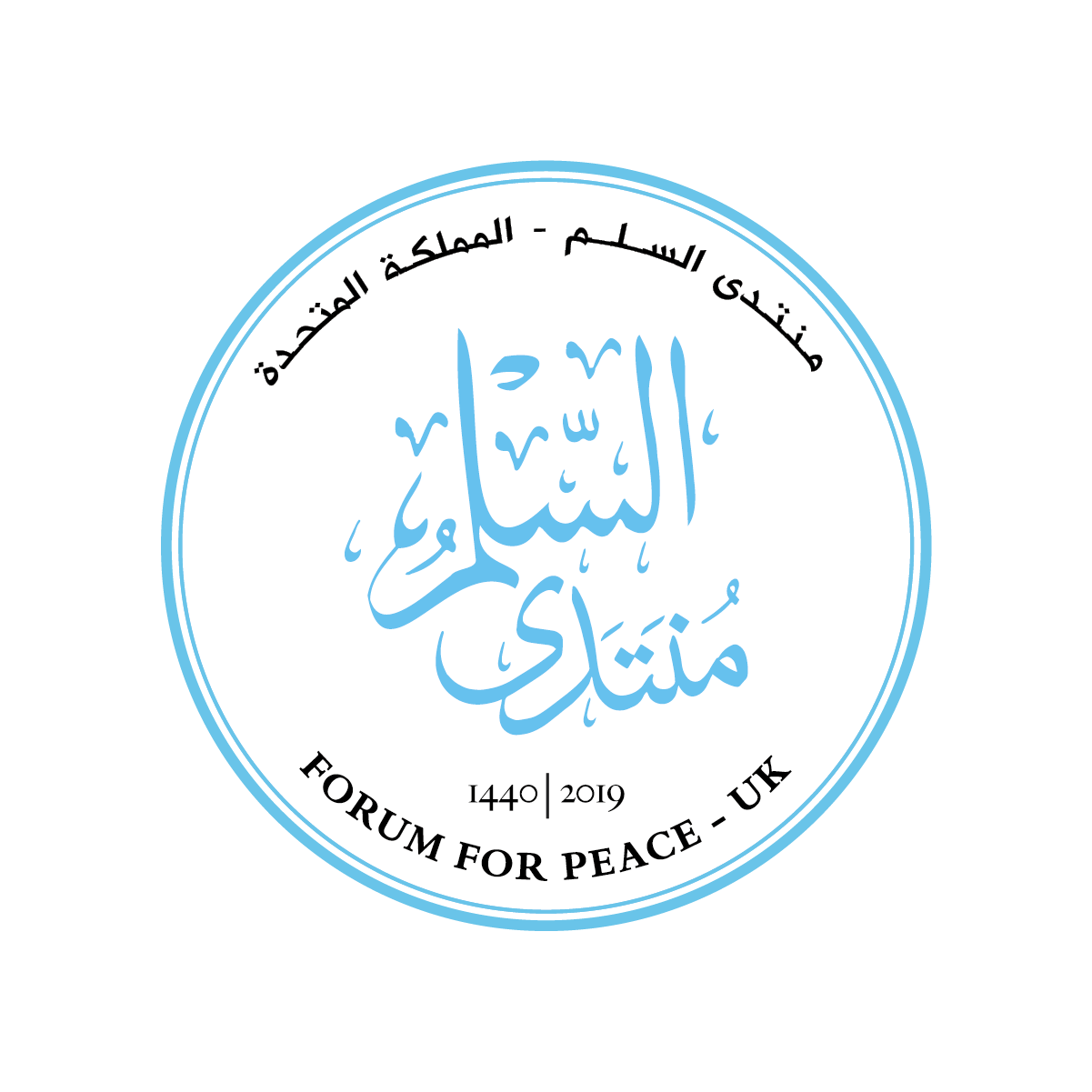
AI Faith and Civil Society Commission’s Meeting
27th - 29th February 2024 - Royal M Hotel, Abu Dhabi
From 27-29 February, the AI Faith and Civil Society Commission hosted their first official in-person meeting in Abu Dhabi for a 2.5-day conference with the goals of hearing from new perspectives from the Middle East and engaging with senior government officials. In addition to Commissioners, a small group of key AI experts and leaders across faith and civil society were in attendance, as well as a wider group of students, academics, and AI experts from the UAE for the opening ceremony.
Speakers included His Eminence Shaykh Abdullah Bin Bayyah, president of Abu Dhabi Forum for Peace; Dr Omar Al Derei, Director of the Ifta Department at the General Authority for Islamic Affairs and Endowments; and Father Paolo Benanti, Professor at the Gregorian University and Pontifical Advisor on AI among many others. During the conference, participants workshopped four key values: ‘accessibility’ (led by Dr Kate Devlin) ‘transparency’ (led by Rabbi Dr Harris Bor, London School of Jewish Studies), ‘justice’ (led by Silkie Carlo, Big Brother Watch), and ‘truth’ (led by Graham Budd, The Faraday Institute for Science and Religion). Attendees then heard a presentation from Jeremy Peckham about potential gaps in research the Commission could fill.


The conference also marked the launch of two initiatives led by the AIFCS Commissioners on the subject of AI, Faith and Civil Society:
- The launch of the Commission’s Map, a live platform mapping organisations working at the intersections of AI, faith and civil society.
- The launch of the AI, Ethics & Faith handbook, produced by the Forum for Peace UK and the Faraday Institute for Science and religion. The handbook showcases how diverse faith perspectives are important to help shape the future of AI, drawing on insights from our brilliant speakers and pannelists at the June event in Parliament. The handbook answers some of the key questions around AI & Faith – What is ‘AI Ethics’? ‘Why ‘Faith’? Is it too late?
Interestingly, the same poll used in the December conference to measure which values participants believe are most important to AI ethics yielded different results. Instead of ‘truth’, the poll showed 68% thought ‘justice’ was the most important value to consider. The same proportion said they were ‘an optimist concerned with long-term impact’ when asked how they would best describe their attitudes to AI. Testament to the success of the opening ceremony, a core group of participants were invited to meet the Minister of Tolerance, Sheikh Nahyan bin Mubara Al Nahyan, to discuss the Commission’s work.


During the conference, the following priorities were identified:
- Connecting with young people to listen to their concerns around AI;
- Engaging with tech companies; and
- Showcasing to policymakers the value of faith and civil society’s contributions to the conversation on AI.
- Following the conference, the AI Faith and Civil Society Commission will establish a program of events and research workstreams to enact these goals.
Following the conference, the AI Faith and Civil Society Commission will establish a program of events and research workstreams to enact these goals.
